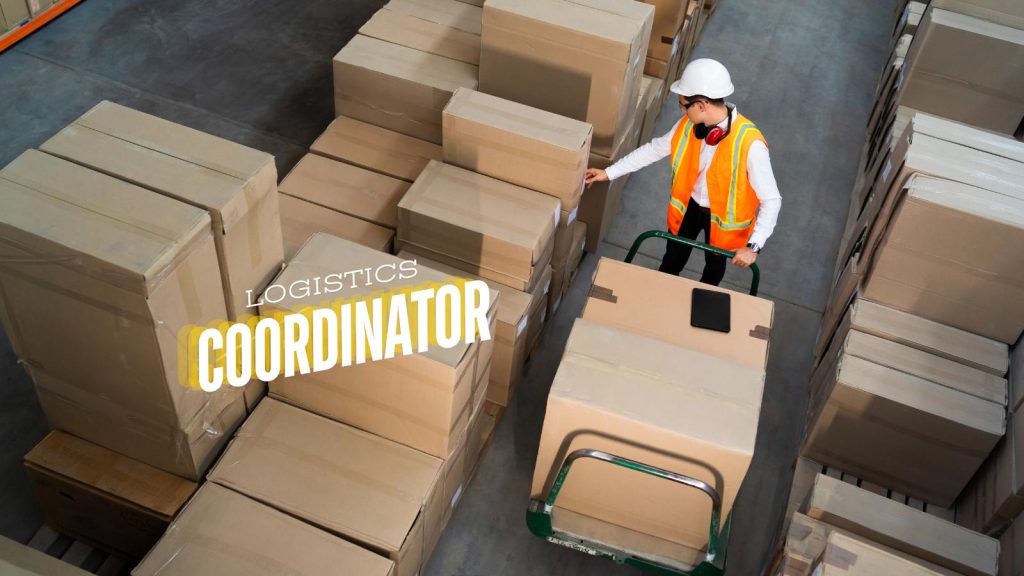Given that your suppliers are the ones who enable you to create products and results in the first place, your chosen ones are as important to your success as your customers. Unfortunately, a focus on impressing customers above all means that, in many instances, small business owners are painfully guilty of overlooking this fact.
This can lead to a loose business thread which, when it comes time to expand, could even see your suppliers refusing to grow with you.
To avoid this, it’s therefore vital that you steer clear of these common mistakes, each of which has the power to send suppliers running for miles if you aren’t careful.
Table of Contents
How To Find The Right Ones For Your Business
- Research different suppliers online
- Reach out to them – find their salespeople to chat with
- Research the suppliers you like
- Order sample supplies from your suppliers
- Go over pricing for bulk orders
- Ask if inflation will cause price increases
- Learn their delivery times
- Inquire about the amount of inventory available
- Ask where the goods are produced
- Learn what tools they use to track inventory
These questions above are a good guide for you to follow when searching for suppliers online. It is important today more than ever to know where the goods are being produced.
If your supplies are not made in the US, the availability and time constraints with the supply chain issues may be too overbearing for your small biz.
What Not To Do To Lose Your Suppliers
# 1 – Not Knowing What Supplies You Want To Find A Manufacturer
Let’s say that you’re in the growth stages of a company that makes outdoor gear. The chances are that you’re going to want to play around with things like your materials according to customer feedback, evolving designs, etc.
Unfortunately, suppliers will only accommodate this back and forth for so long, especially if returns, etc. start costing them money. If you keep this up, there will inevitably come a time when a supplier no longer wants to work with you, leaving you with no way at all to make your products.

That’s a problem, and it highlights the need to always know what you want before you make an order by utilizing, say, material samples well in advance.
This way, you’re never at risk of messing your suppliers around, but can still ensure the quality results and the supplies that you need to succeed.
# 2 – Failing To Align Your Priorities With Your Suppliers
If you’re running a farm shop but get into a trade partnership with a supplier most commonly used by vegan companies, you’re at risk of doing significant damage to their reputation, all because you didn’t do your research.
However, this is no way to get suppliers who will most often trust that you’ve already done this groundwork onside. And furthermore, could even see them losing high-value clients because of your association.
Lisa, Small Biz Tipster
When word gets out, that could leave your supplier less and with few prospects. That is why you should always start with research. It will ensure that your ethics and company forever align with the values of your chosen suppliers.
# 3 – Ignoring Supply Chain Planning
Inadvertently overlooking supply planning priorities including delivery dates, disruption management, and even regular communications can lead to unexpected delays and delivery setbacks that are sure to act as a warning sign for any supplier.
After all, global trade deals, in particular, rely on the coming together of sometimes complex plans. Without this, you become a supply liability and a company that few suppliers will be willing to do business with.
As such, proper supply chain plans, implemented through cloud-based, simplified supply chain software like EDI needs to be a priority to ensure supply relationships you can rely on.
#4 Not Keeping Track Of Your Suppliers Inventory
To effectively manage your suppliers’ inventory, follow these simple steps. Firstly, establish clear and open lines of communication with your suppliers. Regularly engage with them to obtain accurate and up-to-date inventory information.
Secondly, implement a centralized inventory management system that allows you to monitor stock levels efficiently. Utilize technology tools such as inventory management software to track the movement of goods and receive automated notifications for low stock levels.
Thirdly, conduct regular audits to verify the accuracy of your suppliers’ inventory records. This will help identify any discrepancies and enable prompt resolution.
Lastly, establish contingency plans to handle potential stock shortages or delays. By following these steps, you can ensure effective inventory management and maintain a smooth supply chain with your suppliers.
In Conclusion: Keeping Your Suppliers From Running for Miles
Keeping suppliers on your side is crucial for giving your small business the best fighting chance. However, it’ll never be possible unless you rectify these fatal mistakes.
Do you work with suppliers for your small biz? I’d love to hear from you how your relationship with your suppliers is working or not.
Years ago I managed a drop shipping business and lack of inventory was a huge issue with most suppliers.
I’d also like to know how you find suppliers for your business in the comments below.
FAQ: 5 Mistakes That Keep Sending Your Suppliers Running For Miles
1. Why is poor communication with suppliers a big mistake?
Poor communication leads to misunderstandings and delays. Suppliers need clear, timely information to meet your expectations. Regular updates and direct contact can prevent issues.
2. How does late payment affect supplier relationships?
Consistently paying late strains relationships. Suppliers rely on timely payments to manage their cash flow. Prompt payments show respect and build trust.
3. What’s wrong with constantly changing orders?
Frequent changes create chaos and inefficiency. Suppliers plan resources based on your orders. Constant changes can lead to errors and delays, hurting both parties.
4. Why is unrealistic demand a problem?
Setting unrealistic demands puts undue pressure on suppliers. It can lead to rushed work, mistakes, and burnout. Setting achievable targets ensures better quality and reliability.
5. How does ignoring supplier feedback hurt my business?
Ignoring feedback means missing out on valuable insights. Suppliers can offer practical improvements and solutions. Listening to them can enhance your operations and product quality.
5 Mistakes That Keep Sending Your Suppliers Running For Miles Share on X


